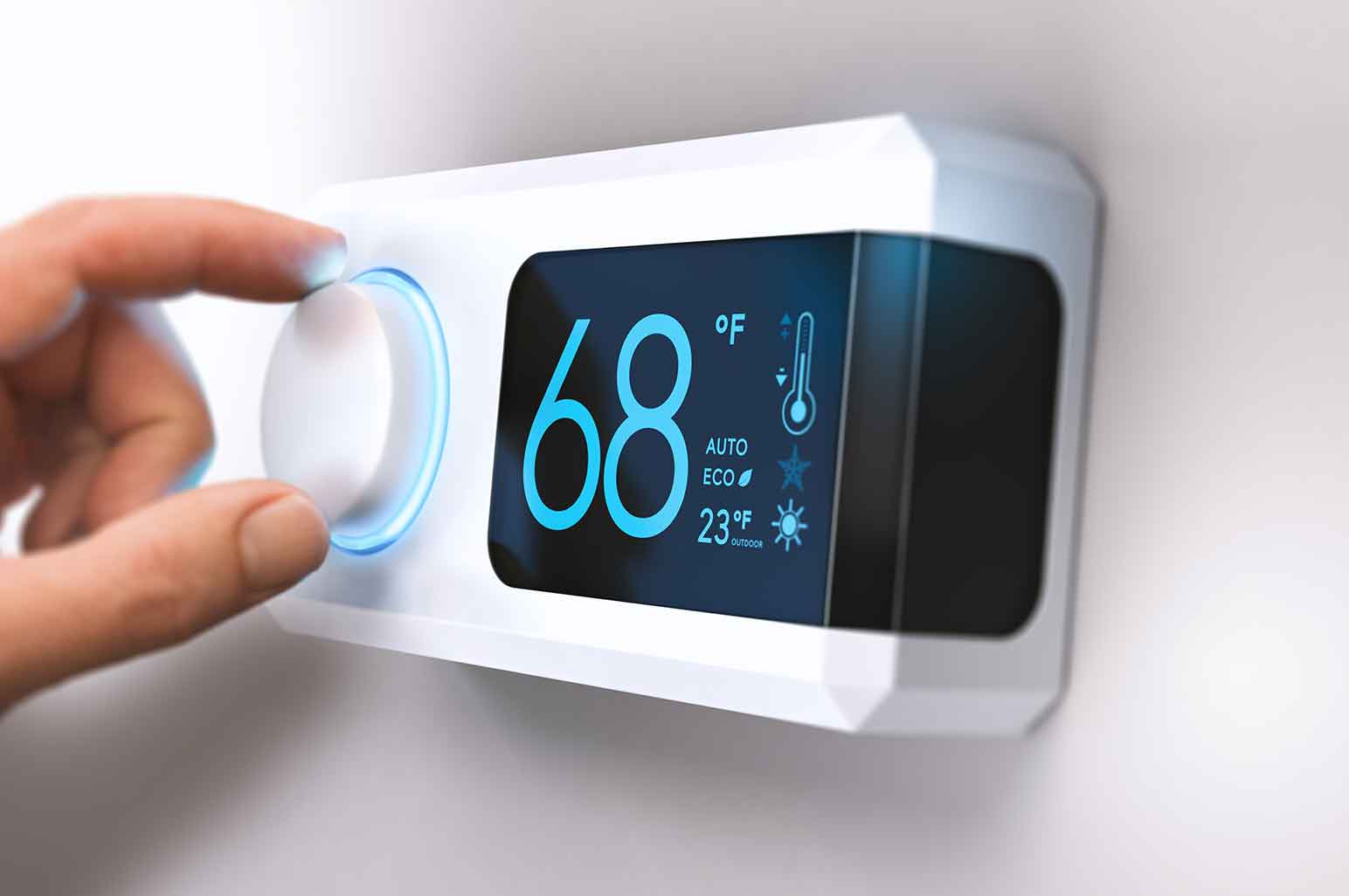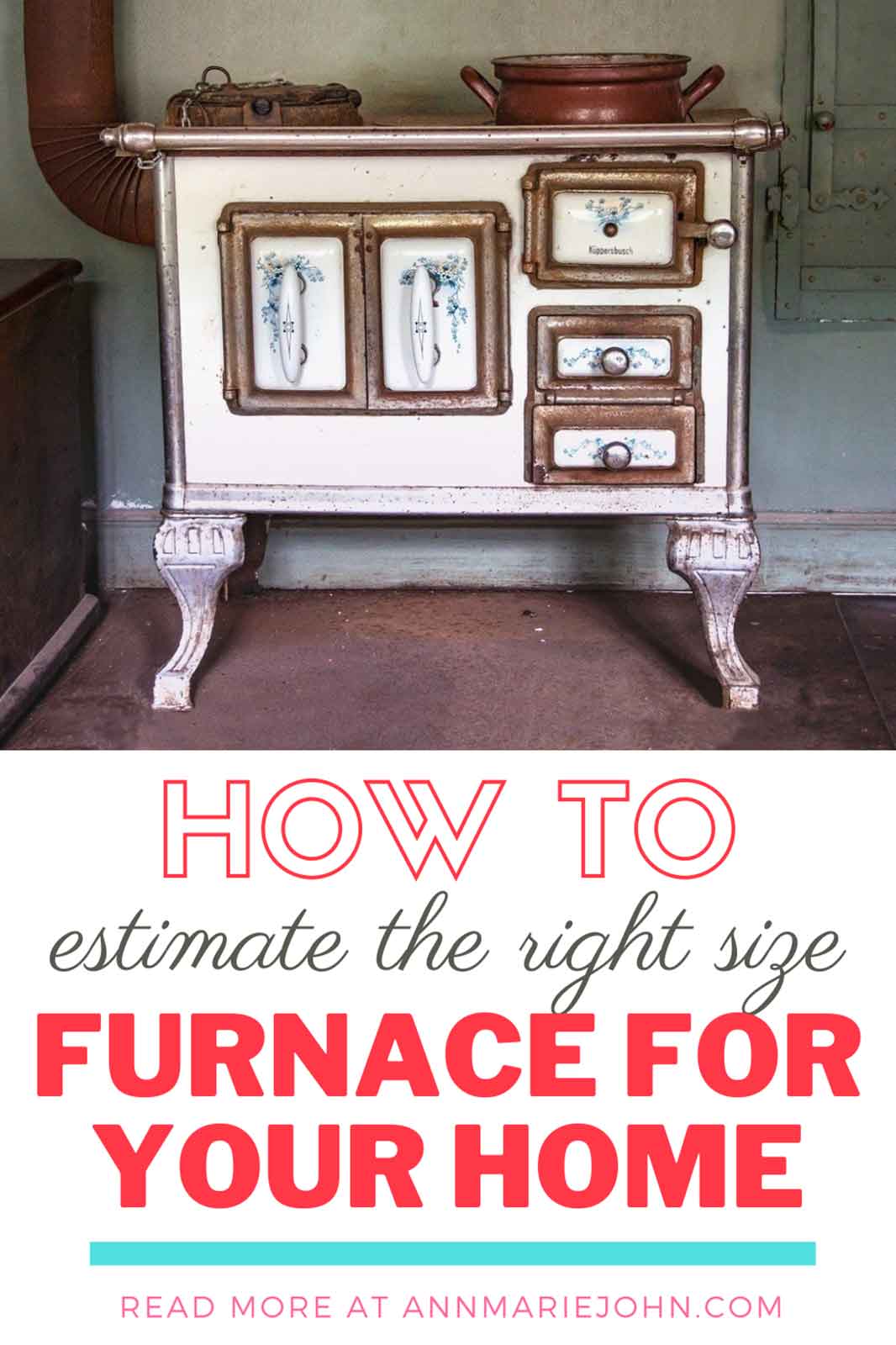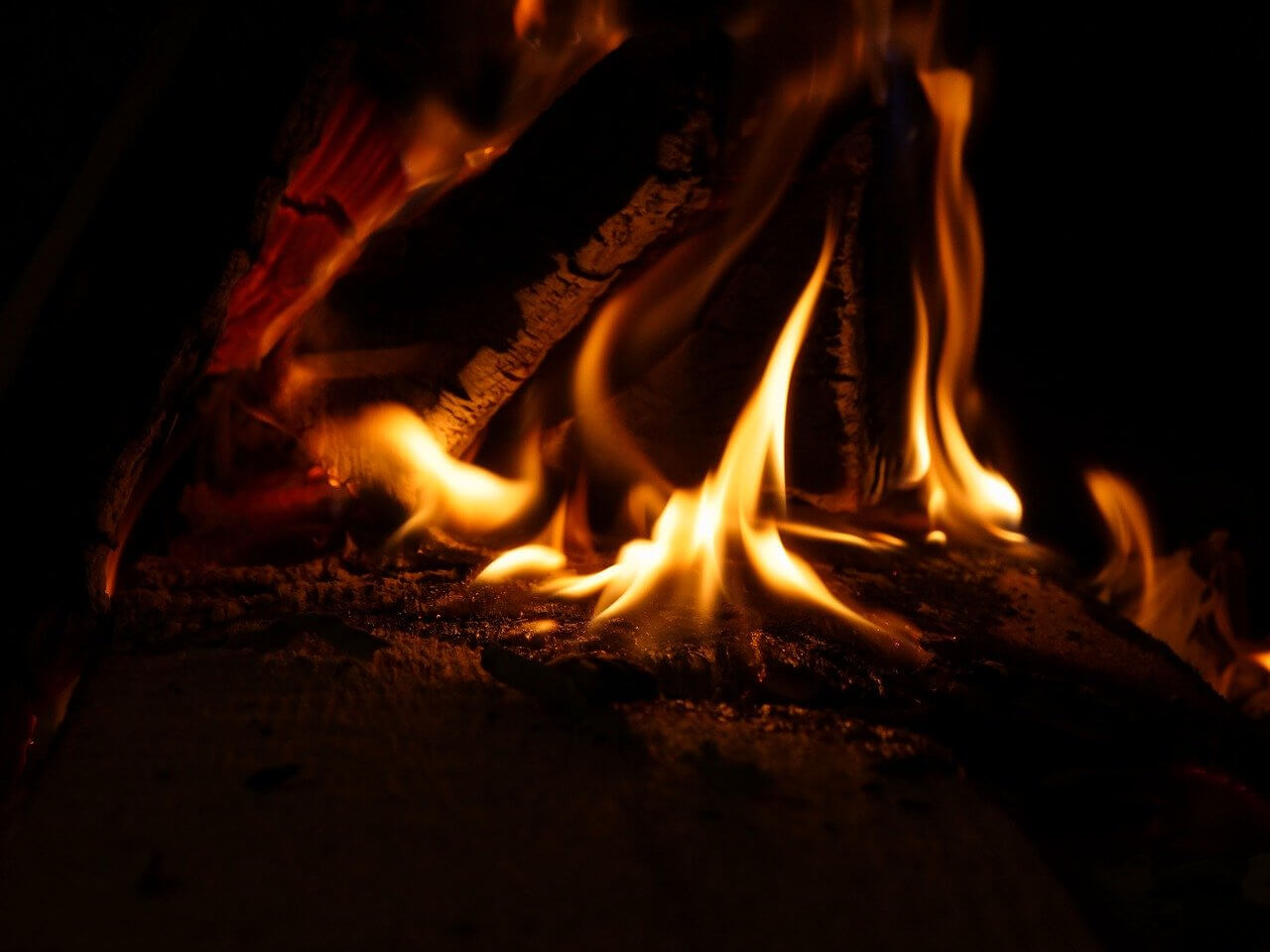
With winter right around the corner and the colder months fast approaching, your comfortshould be one of your top priorities. This is especially important if, like many of us, you will be working from home this winter. A furnace is a great investment to make before the cold season hits in full force. However, you can easily be misled by the overwhelming number of heating systems currently on the market and end up buying something more or less powerful than what you need. Every home is different, not only in size or spatial organization, but also in terms of the materials that make up its walls, floors, and roof, so there is a lot that you need to consider before making a purchasing decision. Here’s how you can choose the right size furnace for your home.

HOW MUCH SPACE DO YOU NEED TO HEAT?
The first thing you’ll want to look at when you’re going to be choosing a furnace for your home is the volume of the spaces you will want to heat. You can get a rough idea of what your heating requirements are by consulting the following indicative recommendations for BTU (British Thermal Units) according to the area of the house you need to heat:
- 1,200 square-foot house: 36,000 to 72,000 BTUs
- 1,500 square-foot house: 45,000 to 90,000 BTUs
- 1,800 square-foot house: 54,000 to 108,000 BTUs
- 2,100 square-foot house: 63,000 to 126,000 BTUs
- 2,400 square-foot house: 72,000 to 144,000 BTUs
Because area or volume isn’t indicative enough of your requirements, you can see that the ranges suggested are quite wide. That’s because multiple other factors influence your demand just as much as the size of the space you are trying to heat.
HOW MANY PEOPLE ARE IN THE HOUSEHOLD, AND WHAT DO THEY DO?
As hot-blooded creatures, our bodies naturally generate heat and contribute to an internal heat gain inside the house. In fact, many appliances do as well, and that is often why kitchens are slightly warmer than the rest of the house. Knowing how many people will be actively using the spaces in your home and producing their own heat, as well as what activities might be practiced within these spaces, will help you determine your energy needs – if you have a gym room, you probably want it heated differently than an office.
WHAT KIND OF FUEL ARE YOU USING?
If you are in Europe or North America, the most commonly available kinds of fuel you have will likely be propane, natural gas, liquified petroleum gas, or oil. Whatever you choose, you will likely incur expenses for the furnace installation. However, based on the advice from the experts at ACDirect.com, you can conveniently bypass contractor charges by buying a furnace from a wholesaler that specializes in these different types of furnaces. A good online wholesaler may provide a free online calculator that will help you come up with an accurate estimate that will influence your final decision.
WHAT’S THE CLIMATE LIKE OUTSIDE?
Another important factor to consider is how the environment will affect your home’s demand for heating. Exposure to sunlight, temperature, relative humidity, wind, and precipitation will all influence what the right choice to make will be. So, if you have a South-facing home with plenty of windows or glazing in a wind-sheltered location, you will have a different demand than someone who might be facing North on the seafront. But then, it also depends on what windows you’ve got!
WHAT TYPE OF INSULATION DO YOU HAVE?
If your windows are single-glazed, then there is a limit to how much solar heat you can gain in relation to how much heat is being lost through and around the glass. Different materials all have different U-values, which allows us to calculate their potential for insulation. This means that the makeup of your home will be a very important factor in understanding the energy demands to maintain your comfort.

Before making any decision, you will have to consider all of the abovementioned factors. Combined, they will help you assess how much heat is naturally generated in your home, how well it is retained, and ultimately, how much more you need to reach your ideal level of comfort. As you probably already know by now, the temperature inside your home will heavily affect all kinds of activities that your space is used for. Getting a furnace that is too big will not only make you uncomfortable, but you will also incur more expenses down the line, and it will likely have a shorter lifespan. Conversely, if it is too small, you will incur higher bills and likely end up feeling too cold at home.
